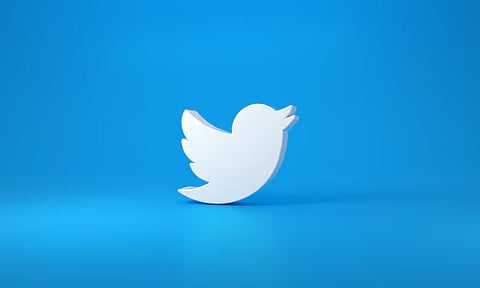
- NEWS
- the EDIT
- COMMENTARY
- BUSINESS
- LIFE
- SHOW
- ACTION
- GLOBAL GOALS
- SNAPS
- DYARYO TIRADA
- MORE

Eccentric billionaire Elon Musk's takeover of Twitter is complete, and he has not shied away from controversy since his ownership of the social media platform.
Reports have surfaced that Musk has announced that over half of the workforce will be replaced and that a return-to-office order will be enforced. Musk, even in the past, has aired his displeasure with remote work
"Also, all the Covid stay-at-home stuff has tricked people into thinking that you don't actually need to work hard. Rude awakening inbound," he said on Twitter last 27 May of this year.
He compelled his employees at Tesla to report to the office and factories and because of his stature, it has created a social debate about productivity and if employees deliver the same output by working from anywhere.
I have my own digital media agency and I am not a fan of asking my employees to report to the office but then again, I am not a billionaire. Musk's Twitter policies have gotten everyone involved especially those who have actively used the company to manipulate conversations and project "self-importance" through the Blue-Check verification badge.
Twitter, and other similar platforms, have given verification badges as a reward to creators who have high engagement and impression rates despite content that may be considered trash. Commerce-based promotions and posts are highly engaging on social media as followers can literally be bought during contests and giveaways.
Once engagement becomes a factor, the verification badges are distributed permanently. The worst platform that has bastardized verifications is Tiktok with questionable creators who have no societal contributions or distinctions, but because of their close-to-nudity content and with other users salivating over their bodies, they are considered "influencers" on Tiktok.
These false celebrities are also popular as they seed disinformation and gossip, and they are legitimized through verification badges. This is not to say that there are no excellent and talented creators, and they deserve to have a verified status.
This dilemma has given Musk an idea to float where he will ask users with Blue-Verified marks to pay 8 US dollars (price adjustment according to country or territory) to maintain the blue badge. There are other benefits that will come along with the subscription-based verification system but the point he wants to make is that Twitter's blue badges are no longer available for free.
I caution Mr. Musk, however, to continue providing blue badges for free to legitimate journalists, activists, celebrities, performers, etc., especially world leaders as they encourage responsible engagement.
The commercial aspect of social media is dawning, and "free" membership is technically no longer present, but there should be a balance in doling out verified profiles as we all try to fight disinformation and we should credit those who fight for truth and transparency.
